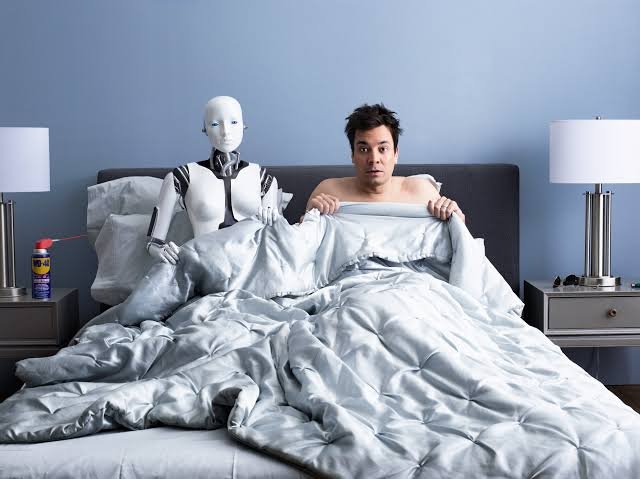Robots should not replace humans
Robots can assist humans and make our lives easier, but they should not replace human labor or decision making entirely. Humans bring unique qualities such as creativity, empathy, and emotional intelligence that cannot be replicated by robots.
Widespread automation could have negative impacts on employment and the economy. It's important to find a balance that leverages the strengths of both humans and robots for the betterment of society.
While robots have been developed to perform a variety of tasks that would otherwise require human labor, they should not completely replace human workers. There are several reasons for this:
Robots are programmed to perform specific tasks, but they lack the creativity and innovation that humans bring to the table. Human workers can come up with unique solutions to problems and create new ideas, something that robots cannot do.
Humans are capable of empathy, compassion, and emotional intelligence, which are essential for many jobs such as caregiving, counseling, and customer service. Robots do not have the ability to understand or respond to emotional cues, making them less suitable for these types of jobs.
Automation has the potential to result in widespread job loss, which could lead to economic and social problems. In order to avoid this, it's important to find ways to ensure that the benefits of automation are shared widely and that those who are displaced by robots are provided with new job opportunities.
While robots can perform certain tasks more efficiently than humans, they should not replace human workers entirely. Instead, humans and robots should work together in complementary ways to achieve greater productivity and improve our standard of living.
Moreover, the use of robots and automation should be carefully considered from a ethical and moral perspective. For example, if robots are used in a way that exploits workers or undermines their rights, it would be a violation of basic human values.
In addition, the development and deployment of robots should be guided by a clear set of principles and regulations to ensure that they are used responsibly and ethically. This might include guidelines for the types of jobs that robots should or should not perform, and measures to prevent the spread of misinformation or the abuse of robots for malicious purposes.
While robots have the potential to bring many benefits to society, they should not replace human workers entirely. Instead, they should be used in a way that complements human labor, and that is guided by ethical and moral principles. By working together, humans and robots can help to create a better future for all of us.

The question are who will be able to regulate robot use? how do we redistribute wealth produced by bots?